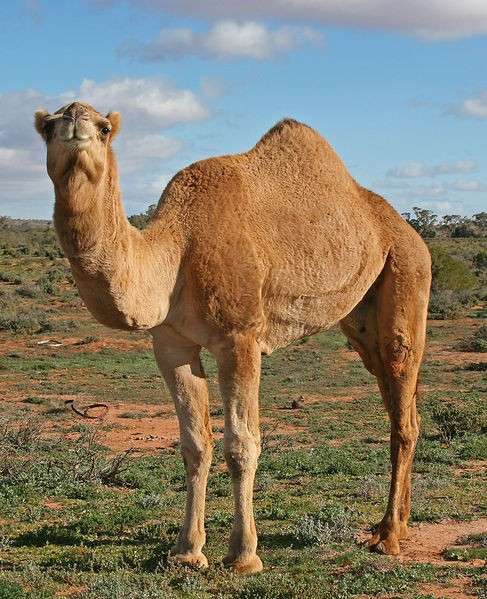GM Camels: Dubai Scientists to Create First Clones for Cheaper Drugs Production

A team of scientists in Dubai are expected to produce the first ever genetically modified (GM) camels, capable of producing milk rich in pharmaceutical proteins.
It is hoped that the milk can be processed to manufacture cheaper, life-saving drugs such as insulin, and clotting factors for treating haemophilia.
According to Nisar Wani, head of the Reproductive Biology Laboratory at Dubai's Camel Reproduction Center, the project is aimed to cut down the prices of essential drugs in the Middle East and North Africa.
"We are establishing camel cells modified with exogenous [foreign] DNA, for use in producing transgenic cloned animals, or GM camels," Wani told SciDev.Net.
"Hopefully we will transfer camel transgenic embryos to surrogate mothers for the first time later this year".
Though camels' milk is comparable with cows' milk, the former is highly resistant to diseases and more suitable to the arid climate in the Middle East region. This allows camels to convert food to body mass at a faster pace than cows.
"Cows would be better producers of transgenic protein as they produce more milk. But as camels can be kept in arid areas and are used to living under harsh conditions, they might be better suited to the Middle East," said Serge Muyldermans, head of the Laboratory of Cellular and Molecular Immunology at Vrije University in Brussels, Belgiu,.
Wani did not give any timeframe for the birth of the first cloned calf, and pointed out that the calving rate of transgenic cells is much lower than the calving rate of normal cloned embryos, which is five percent.
"We have crossed some critical barriers but still need to do a lot of work to reach the final destination".
The creation of the first transgenic animal is expected to give the United Arab Emirates a pre-eminent role in international research on GM animals.
"[Previously] there was little or no literature available on assisted reproductive techniques in camels, so we had to standardise all the basic techniques one by one. Finally, in 2009, we produced the first cloned camel calf - named Injaz - and thereafter produced many more," said Wani.
The Reproductive Biology Laboratory in Dubai was created in 2003 to research the reproductive techniques of species native to the region, especially camels. The center already has a cell bank from "elite" camels which have high milk production and are best at adapting to the extreme weather conditions of the region.
© Copyright IBTimes 2025. All rights reserved.





















